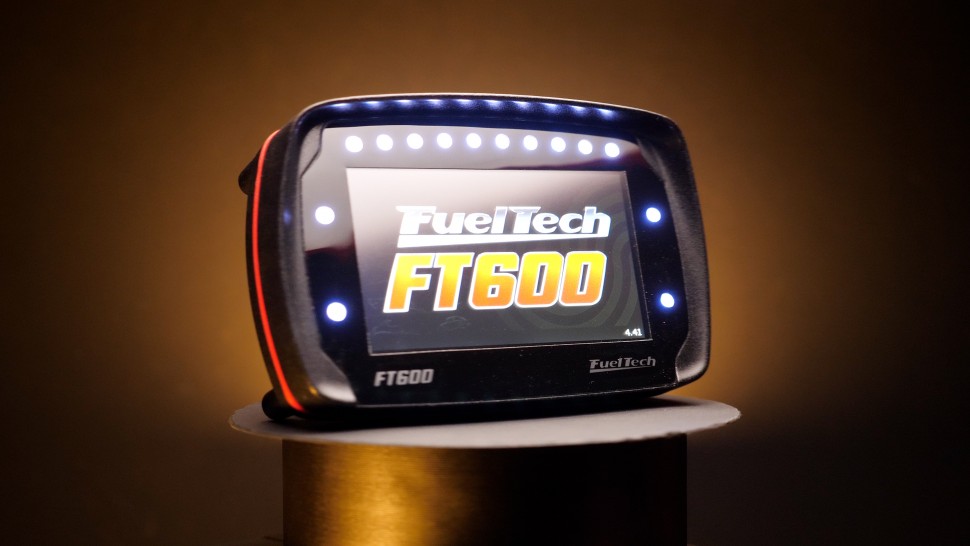| 00:00 |
- The sensors we've discussed so far are going to be more than sufficient for most enthusiasts.
|
| 00:05 |
And until you're considering moving into something closer to professional racing, there shouldn't be as much need for anything else.
|
| 00:13 |
In this module though, we will cover some of the more advanced sensors that are used by professional teams and look at why they're used.
|
| 00:21 |
There's an almost unlimited number of potential sensors to choose from here so we can't hope to cover all of them but we will touch on some of the more common ones.
|
| 00:30 |
We'll start with tyre pressure monitoring systems that can relay the current tyre pressure in real time to the logger and often via the telemetry to engineers in the pits.
|
| 00:40 |
This may also include data on the internal carcass temperature of the tyre as well as the air temperature inside the wheel.
|
| 00:46 |
The sensors required are mounted inside the wheel and are attached to the valve stem.
|
| 00:50 |
This data can be used to help ensure the tyre pressures on track are where they should be but they can also be used as an early warning that a tyre has been damaged or punctured.
|
| 01:01 |
This can be used in conjunction with a visual driver warning to let the driver know something is wrong and can quite possibly help prevent a serious accident.
|
| 01:10 |
While we're discussing tyres, another advanced sensor is the infrared tyre temperature sensor that's mounted on the chassis pointing at the tyre tread, allowing the tread temperature to be monitored while you're on track.
|
| 01:21 |
These come in a variety of options including an array of indivdual sensors that focus on different parts of the tread or a single sensor with a wide field of view that can monitor multiple points across the tread simultaneously.
|
| 01:35 |
This data can show how the tread is working on track and can be used to help optimise camber and tyre pressure.
|
| 01:41 |
The same technology that goes into infrared tyre temperature sensors can also be applied to measuring the temperature of the brake rotors.
|
| 01:48 |
This gives you real time information about how much heat is being built up inside the brake rotors during braking and can let you know if you're within the temperature range that your brake pads are comfortable working with.
|
| 02:01 |
This sort of data can be used to help optimise your brake package and also help with adjusting your brake cooling ducts depending on the track and ambient air temperature.
|
| 02:10 |
Moving into the suspension itself, it's common to find professional teams using damper travel potentiometers that monitor the movement of each damper.
|
| 02:19 |
This inormation is used to produce a variety of data from understanding how much of the available travel is being used, through to advanced analysis of damper velocity histograms that can be used to help with optimising the bump and rebound adjustment of your dampers.
|
| 02:34 |
Damper travel sensors can also be used to help understand the effect of downforce at high speed from aerodynamic devices.
|
| 02:41 |
Although, this will often be coupled with load cells in the suspension system that can log the loads being applied to each of the suspension components at each corner of the car.
|
| 02:51 |
The sensors that I've just been talking about can easily run into the thousands of dollars on their own before you've even considered the effort required to fit them to your car.
|
| 03:00 |
Or, how you're going to analyse that data.
|
| 03:02 |
You also need to understand what the data is trying to tell you for it to be of any benefit.
|
| 03:07 |
As I've mentioned already, I firmly believe that at least to begin with, less is more when it comes to data channels.
|
| 03:15 |
It's still worthwhile to have an understanding of what other sensors are available but don't think that these are essential for your average club level car.
|





